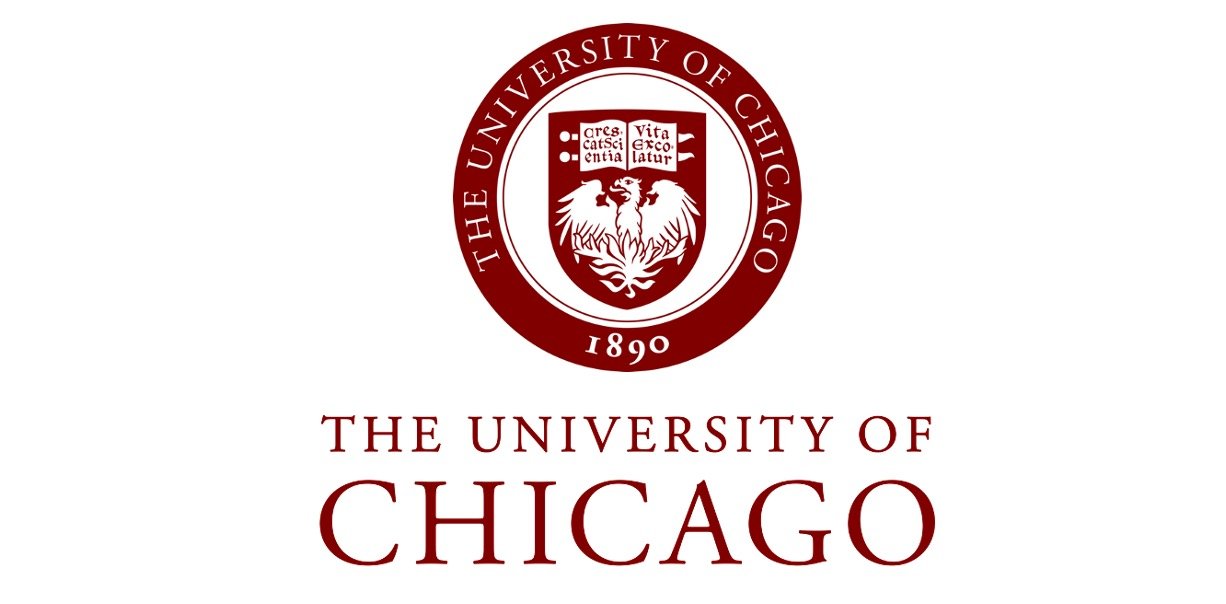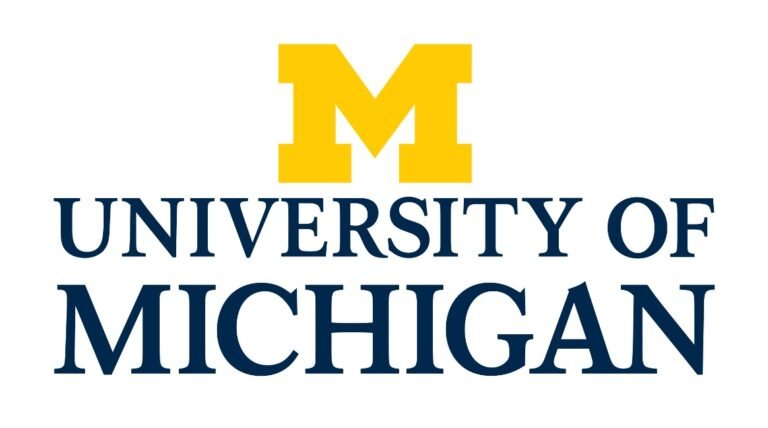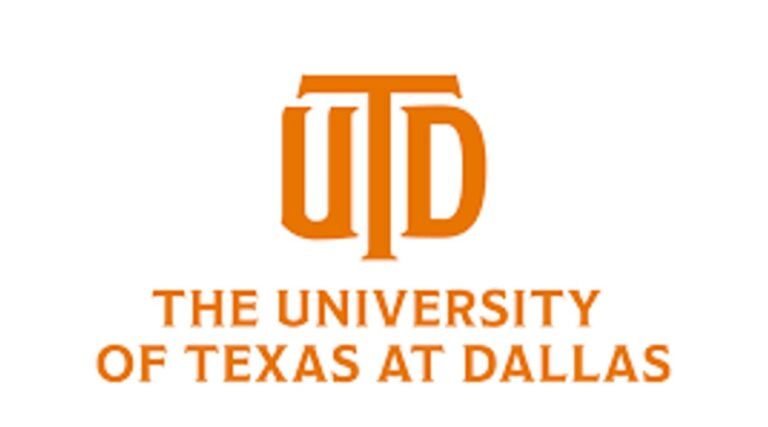Vanderbilt University, situated in the vibrant city of Nashville, Tennessee, continues to provide an outstanding opportunity for aspiring scholars through its fully funded Doctor of Philosophy (PhD) program in Clinical Science.
With an ongoing commitment to excellence, Vanderbilt’s Clinical Science Program in Psychological Sciences adheres to the clinical scientist model of training, prioritizing the development of future clinical scientists who will make significant contributions to the field.
Students can focus their training in the following areas:
Psychopathology, including the identification, etiology, treatment, and prevention of psychopathology in children, adolescents and adults. Within psychopathology students can further concentrate their training in any of three areas:
1. Developmental psychopathology, including the identification, etiology, treatment, and prevention of psychopathology in children and adolescents (particularly with respect to mood disorders), and the study of typical and atypical development (particularly with respect to autism and intellectual disabilities).
2. Adult psychopathology, including the identification, etiology, treatment and prevention of psychopathology in adults including mood disorders, anxiety disorders, somatoform disorders, schizophrenia, and psychopathy.
3. Developmental disabilities, including the identification, etiology and treatment of autism, Prader-Willi Syndrome, and Williams Syndrome.
Clinical neuroscience, including neuropsychological, psychophysiological, and neuroimaging approaches to studying normal and abnormal behavior.
Basic emotional processes, including the biological, cognitive, and interpersonal factors influencing basic emotion-related processes, as well as individual differences in affective traits.
Prevention and intervention, including the development and evaluation of optimal interventions for various psychopathologies, the prevention of diabetes and other biomedical disorders, and the identification of potential etiological or vulnerability markers that are linked to heightened risk for depressive disorders among children and adolescents.
Health psychology, emphasizing a biopsychosocial approach to health and illness throughout the life span, including chronic and recurrent pain, cancer, and eating disorders.
Quantitative analysis, including the application of advanced statistical techniques to the study of psychopathology and other clinical issues.
Eligibility
Prospective students seeking admission to Vanderbilt University’s PhD program in Clinical Science should have a strong academic background and a demonstrated passion for clinical research.
Admission Application Package
Official transcripts from all previous academic institutions attended.
Standardized test scores, such as GRE or other required assessments.
Strong letters of recommendation from individuals who can attest to the applicant’s academic and research abilities.
A well-crafted statement outlining the applicant’s research interests, career aspirations, and how they align with the program’s objectives.
A comprehensive summary of the applicant’s educational and research experiences.
Financial Support
All admitted Ph.D. students receive funding for up to five years of study. The financial package includes full tuition, a monthly stipend that is highly competitive with comparable programs around the country, and a health insurance package.
Based upon presented qualifications, selected students are nominated for additional honor scholarships and fellowships awarded by both the college and the graduate school. These merit awards supplement the baseline financial package.
Financial support for students comes from a wide range of sources. Teaching assistantships and fellowships are available from Vanderbilt University.
Application Deadline
December 1, 2025
Application Fee
The Graduate School application fee is $95.00.











